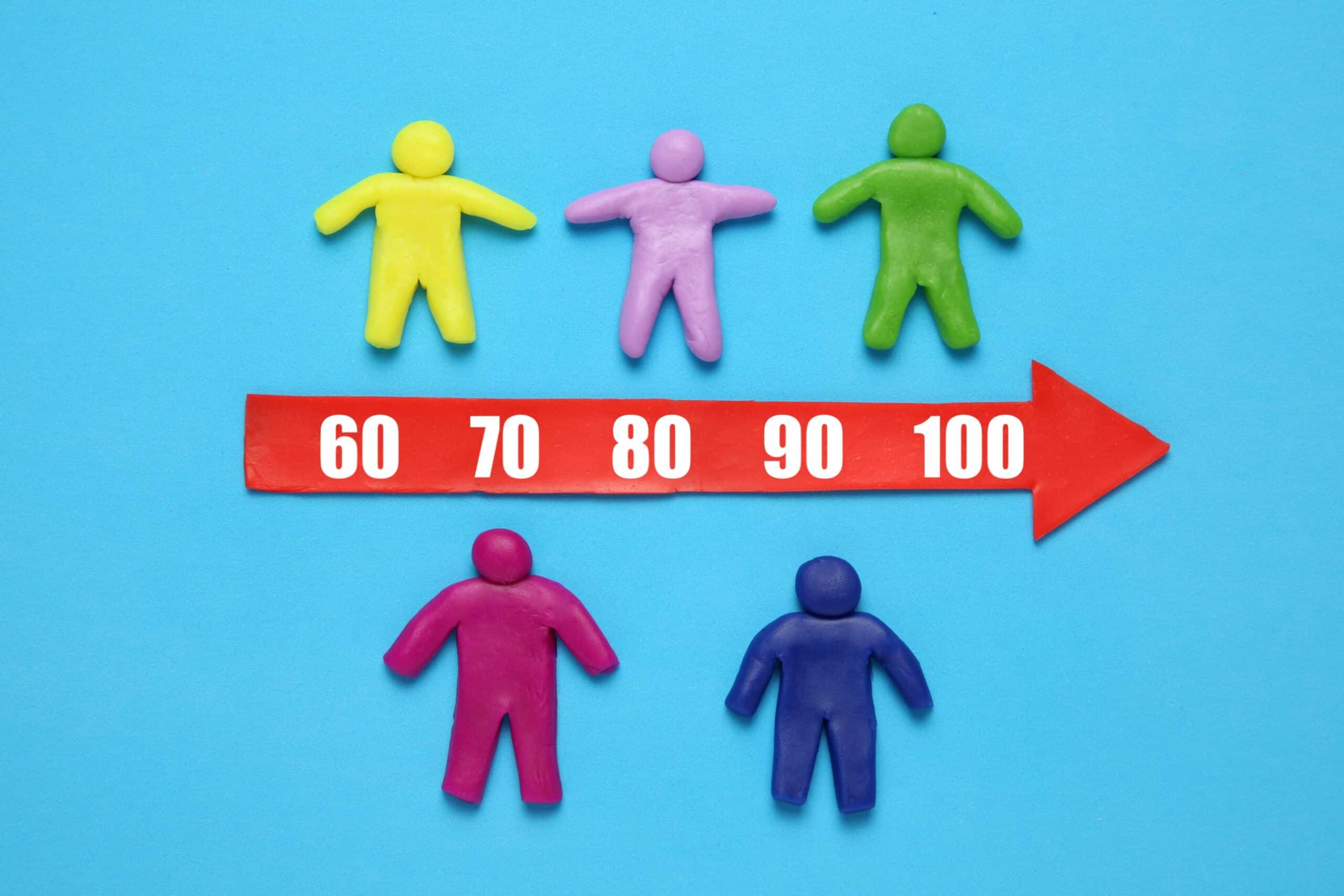Some studies suggest that those who believe that their existence has meaning have lower levels of the cortisol stress hormone, and they also have more favorable gene expression related to inflammation. One study found that if a 90-year-old with a clear purpose in life develops Alzheimer’s disease that person will probably keep functioning relatively well even with pathological changes in the brain. A meta-analysis of 10 studies involving over 136,000 people found having a purpose in life can help to lower the risk of mortality by 17%, which is the equivalent of following a Mediterranean diet.
In Japan, where the nation’s life expectancy is about 84.62 years, scientists and centenarians talk about diet and exercise reasons behind their longevity, but those same conversations also focus on ikigai, which translates roughly to purpose in life or life worth living, while conversations in America focus on diet and exercise promoting the average life expectancy is over five (79.11) years less than that of Japan.
Japan’s Ministry of Health, Labor and Welfare believes that Ikigai has measurable effects on longevity, so much so that the agency has included it in the nation’s official health promotion strategy. In one epidemiological study involving over 43,000 Japanese participants, not having ikigai was linked to a 60% increased risk of dying from cardiovascular disease. Consuming plenty of fruits and vegetables on a daily basis can help to decrease the risk of dying from cardiovascular disease by 27%.
Ikigai can be seen as taking care of children/grandchildren/grandparents, volunteering, keeping the yard pretty, helping to keep the street clean, having a job, shopping for a neighbor, or working in a community garden as examples. This concept doesn’t translate very easily into American culture, but research has shown that the related concepts of purpose and meaning in life can also have a significant impact on physical well-being.
“In the last 10 to 15 years, there has been an explosion of research linking well-being in its many forms to numerous indicators of health. When that work [began], we didn’t know that purpose in life would emerge as such an important predictor of numerous health outcomes,” says Carol Ryff, a psychologist at the University of Wisconsin-Madison, and director of the MIDUS (Midlife in the United States) national study of Americans.
Research suggests that those with high levels of a sense of purpose in life spend fewer nights in the hospital, have lower odds of developing diabetes, and over two times lower risks of dying from heart conditions than their counterparts with lower levels.
It has been hypothesized that having a higher purpose gives people more will to stay alive and science seems to be supporting that, as research indicates that those with purpose in life are more likely to keep active, get their cholesterol levels checked, and undergo colonoscopy. Even after controlling for health-related behaviors the strong effects of meaning on longevity still remained.
Part of the reason may be that having a purpose in life affects our stress response. To test this, in lab experiments when subjects were made anxious stress markers, including levels of the hormone cortisol, tending to spike. However, those who reported having high levels of purpose tended to calm down more quickly, according to Eric Kim, a psychologist at the University of British Columbia.
Research utilizing functional MRI scans has reported similar stress-buffering effects, finding that those with high levels of purpose when shown negative images do not have as much activity in their amygdala brain fear center as those with lower sense of purpose.
According to the CDC, having or searching for a purpose in life isn’t exactly as straightforward as you would think as 4 out of 10 Americans are still struggling to find theirs. One of the challenges may be in defining the thing or place, to begin with, or having a sense of direction to setting goals and objectives in a precise way, rather than wandering aimlessly throughout life.
The good news is that one can boost their sense of meaning and purpose with simple interventions like volunteering at places, for example, the local animal shelter, food bank, soup kitchen, community clean up, and assisting people who need help with shopping or yard work.
“People do increase their sense of compassion and really do get new world views as they volunteer, that might actually help make the soul warmer,” says Kim, who also thinks that mindfulness or joining a group of people who share your values could also help you find meaning. However, such interventions haven’t been yet tested in research.
Difficult times may offer some unique opportunities for finding purpose, a study conducted by IPSOS found that almost half of Americans checked in on elderly or sick neighbors in the past year, with 20% potentially exposing themselves to the virus in order to help other people. One survey found that 57% of the respondents reported that they were reevaluating their lives.
Many cities and towns in France experienced people clapping and banging on pots to cheer in support of doctors and nurses for 52 days straight regardless of the weather, those partaking reported feeling connected and having a purpose in providing support for those who were helping to save patients.
There are many ways to find purpose and meaning in life, and if the science is right, in doing this not only will we be happier, but we could end up being more healthy and longer-lived. After all, what is the point of living longer if it can’t be done healthy and happily? Perhaps in looking for this purpose or meaning we may even learn how to become more resilient in the face of adversity, which is needed as modern-day seems to be set up to trigger stress.




